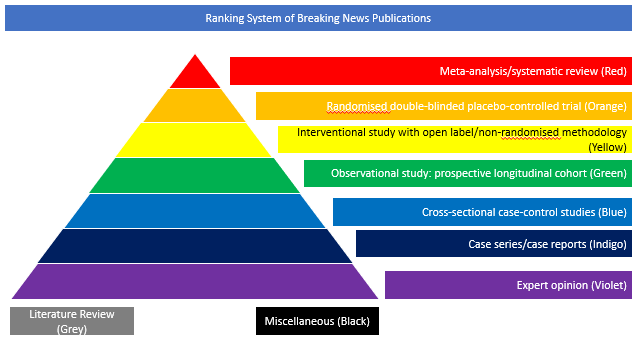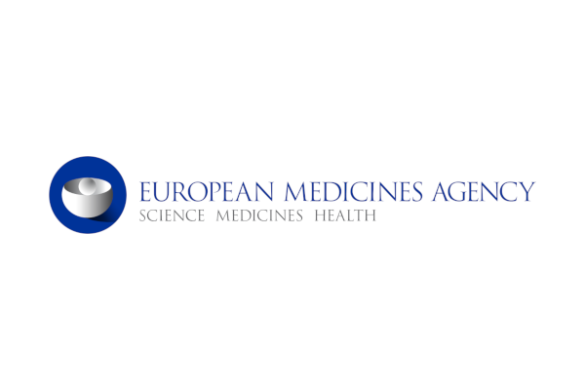Case series/case reports (Indigo)
Outcomes of COVID-19 in patients with neuromyelitis optica spectrum disorders (NMOSD) or myelin oligodendrocyte glycoprotein antibody-associated disease (MOGAD), often treated with immunosuppressive therapies, are still unknown. In this article, recently published in the European Journal of Neurology, the authors conducted a multi-centre, retrospective, observational cohort study among all French expert centres for neuromyelitis optica and related disorders. Patients with NMOSD or MOGAD included in the study received a confirmed or highly suspected diagnosis of COVID-19 between March 1, 2020 and June 30th, 2020.
The main outcome was COVID-19 severity score assessed on a 7-point ordinal scale ranging from 1 (not hospitalised with no limitations on activities) to 7 (death). Fifteen cases (mean [SD] age: 39.3 [14.3] years, 11 female) were included. Five patients (33.3%) were hospitalised, all receiving rituximab. A 24-year-old patient with positive aquaporin-4 antibody, with obesity as comorbidity, needed mechanical ventilation. Outpatients were receiving anti-CD20 (5), mycophenolate mofetil (3) or azathioprine (3) therapy. They were younger (mean [SD] age: 37.0 [13.4] years), with a longer disease duration (mean [SD]: 8.3 [6.3] years) and had a lower expanded disability status score (EDSS) score (median [range] EDSS: 2.5 [0-4]) relative to patients requiring hospitalisation (mean [SD] age: 44.0 [16.4] years, mean [SD] disease duration: 5.8 [5.5] years, median [range] EDSS: 4 [0-6.5]). The authors concluded that COVID-19 outcome was overall favourable in this cohort. However, larger international studies are needed to identify risk factors of severe COVID-19.
DOI: 10.1111/ene.14612








